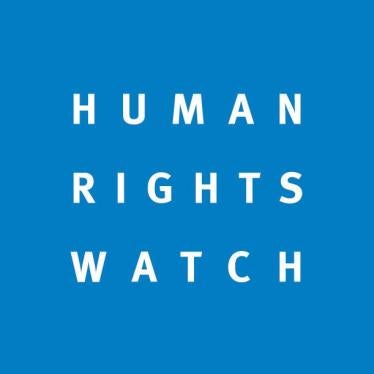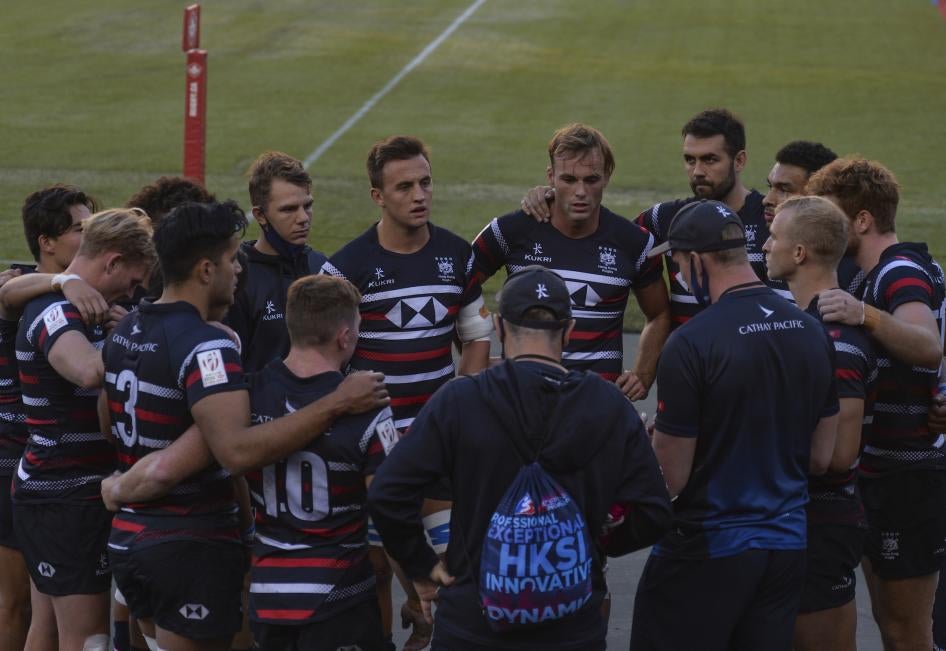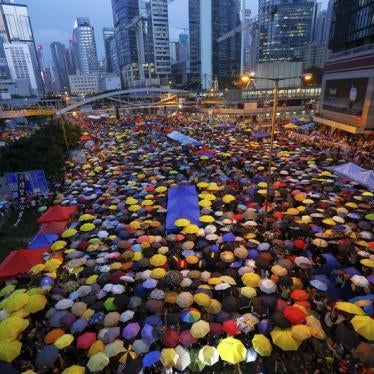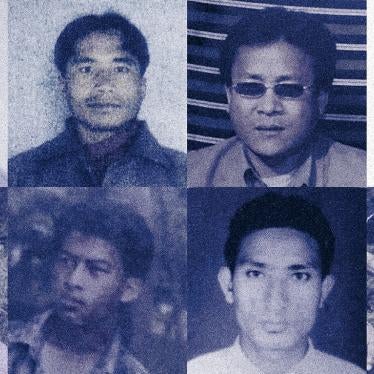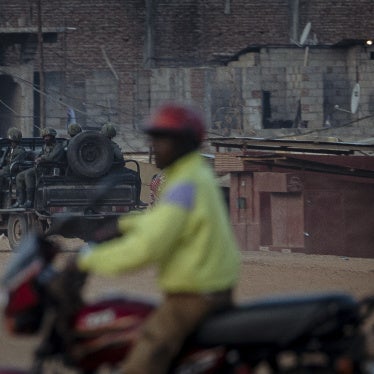The surprise could barely have been greater when the Hong Kong and South Korean national rugby teams stood for their national anthems at the Rugby Sevens finals in the South Korean city of Incheon last weekend. Instead of “March of the Volunteers,” China’s national anthem, loudspeakers blared an instrumental version of “Glory to Hong Kong,” a popular song of Hong Kong's pro-democracy movement, to the glee of many Hong Kong people.
Within hours, Hong Kong authorities issued a strongly worded statement deploring the incident, while Hong Kong’s top officials and pro-Beijing politicians warned that the affair would have dire consequences. The match organizers promptly apologized. But Hong Kong police have since ordered the Organized Crime and Triad Bureau to “seriously follow up” on the case, while a top official demanded a thorough investigation during a meeting with the South Korean consul general. One official even raised the possibility of seeking the South Korean government’s cooperation to extradite the persons responsible.
Composed during the 2019 protests, “Glory to Hong Kong” has now been effectively outlawed in its namesake city: one of many Orwellian restrictions on freedom of expression under the draconian 2020 National Security Law. In September, a man was arrested for “sedition” for playing the song on a harmonica. Even writing a metaphorical children’s story about sheep versus wolves is now considered sedition, along with distributing pro-independence flyers and flying a British colonial flag.
Many Hong Kong people had looked to South Korea for inspiration during their struggle for democracy. South Korea’s mainly peaceful transformation during the mid-1980s from a military dictatorship gave Hong Kong people a glimmer of hope that they, too, one day would be able to overcome repression and live in a rights-respecting society where they would be free to play and sing whatever song they liked.
Hong Kong’s National Security Law can be enforced against anyone for acts taking place anywhere, even by South Koreans in South Korea. But any attempt by Hong Kong authorities to arrest and prosecute people for exercising their rights to free expression outside of the city’s jurisdiction will amount to a form of transnational repression. While playing the wrong anthem at a sporting event may be a professional embarrassment or a political statement, it is not a recognizable crime. The South Korean government should publicly push back against the Hong Kong government’s efforts to redefine human rights in South Korea.
